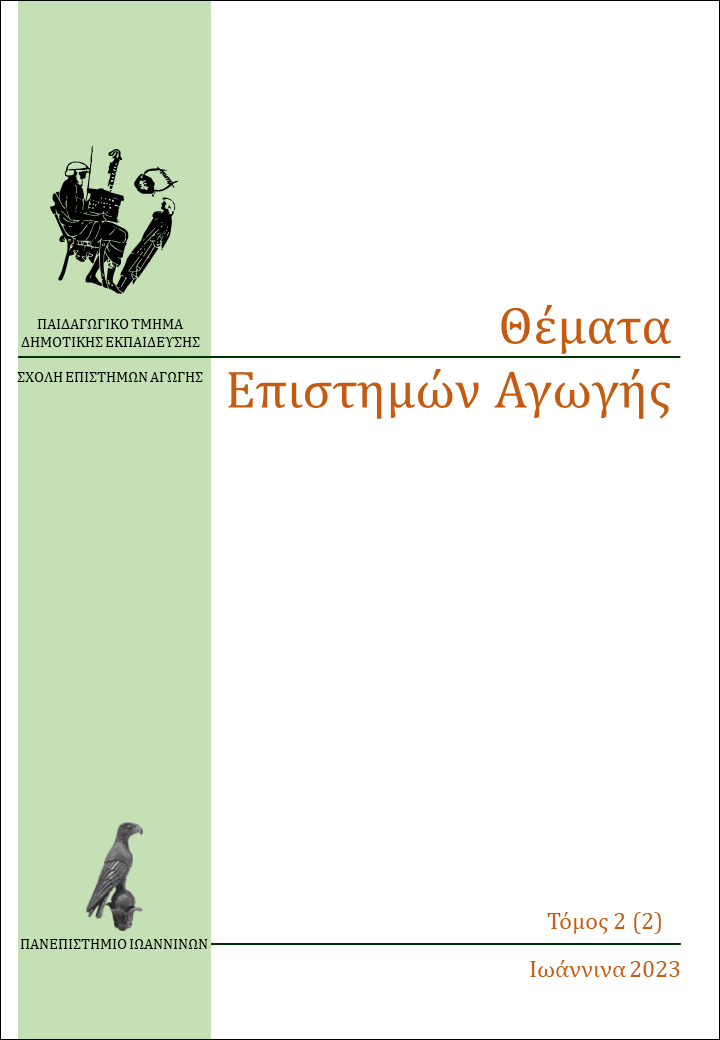Ο βαθμός αποδοχής του παιδιού από τους γονείς και το επίπεδο της συναισθηματικής του νοημοσύνης αναφορικά με το άγχος και την κατάθλιψη

Περίληψη
Η παρούσα εργασία αποτελεί μια διερευνητική προσπάθεια καθορισμού και περαιτέρω διερεύνησης του ρόλου που πιθανόν να παίζουν η αντίληψη που έχει το παιδί για το βαθμό αποδοχής του από τους γονείς του, καθώς και το επίπεδο της συναισθηματικής του νοημοσύνης στον τρόπο με τον οποίο βιώνει το άγχος και την κατάθλιψη. Στο θεωρητικό πλαίσιο εξετάζονται οι μεταβλητές της αποδοχής- απόρριψης του παιδιού από το γονέα, της ελληνικής κλίμακας συναισθηματικής νοημοσύνης και της κλίμακας κατάθλιψης και άγχους συνυφασμένες με σχετικές έρευνες. Η συγκεκριμένη μελέτη πραγματοποιήθηκε κατά το σχολικό έτος 2021-2022, εν μέσω την πανδημίας Covid 19. Διενεργήθηκε με τη χρήση ερωτηματολογίου στην οποία συμμετείχαν 250 παιδιά, ηλικίας 12-17 ετών από το νομό Λάρισας. Ο βαθμός αποδοχής από τη μητέρα συμβάλλει καθοριστικά στην συναισθηματική νοημοσύνη του παιδιού καθώς και στη διαχείριση του άγχους. Βέβαια, υπήρχαν αρκετοί περιορισμοί σχετικά με την έρευνα κι έτσι διατυπώνονται προτάσεις για μελλοντική διερεύνηση.
Λεπτομέρειες άρθρου
- Πώς να δημιουργήσετε Αναφορές
-
Ραφτούλης Γ., & Κόνιαρη Δ. (2023). Ο βαθμός αποδοχής του παιδιού από τους γονείς και το επίπεδο της συναισθηματικής του νοημοσύνης αναφορικά με το άγχος και την κατάθλιψη. Θέματα Επιστημών Αγωγής, 2(2), 80–90. https://doi.org/10.12681/thea.33354
- Τεύχος
- Τόμ. 2 Αρ. 2 (2023)
- Ενότητα
- Επιστημονική Αρθρογραφία


